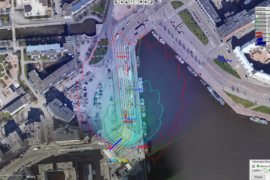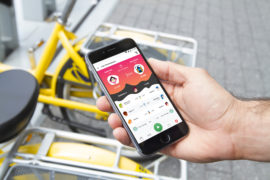Project focuses on port-related traffic in Jätkäsaari, street canyons and 40K daily vehicles in Mäkelänkatu-Kumpula area, and domestic wood-burning in combination with adjacent main roads in Pakila.
The overall challenge is that measuring, analysis and dissemination of air quality data in any given location is very complicated and contaminated with error. Lack of real-time and reliable high resolution data has led to a situation where finding targeted interventions that take into account our citizens and their needs while also targeting specific pollution concentrations is missing for all European cities.



